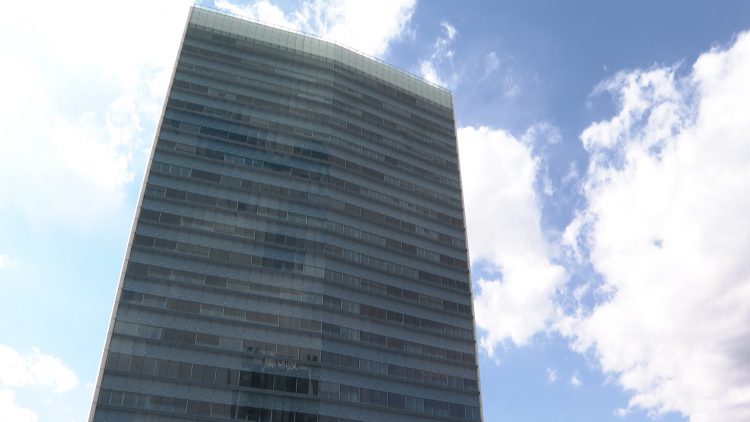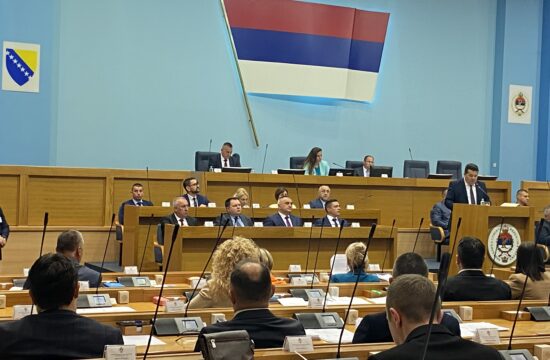
Bosnian Serb ministers will end their boycott of the BiH Council of Ministers since there is no other way to resolve problems such as paying thousands of employees in state administration their wage, Council of Ministers Chairman Zoran Tegeltija said on Monday.
Following a decision of the Republika Srpska Parliament, officials from that entity have been blocking the work of central government bodies since August, protesting against the former High Representative Valentin Inzko's decision to impose a ban on the denial of genocide and the glorification of war criminals, as well as the appointment of Christian Schmidt as the new High Representative in BiH because they consider that an imposed decision.
The Presidency of BiH, both houses of the state parliament and the Council of Ministers have not been functioning for two months now. Serb officials in those bodies either do not go to work or block decision-making, like, for example, Milorad Dodik does in the state leadership.
One of the problems is that the BiH parliament has not adopted the 2021 budget yet, so the Council of Ministers has to make decisions on temporary financing every three months. The current decision expires at the end of September, so a new one needs to be adopted in order for about 20,000 employees in state services and agencies, including about 7,000 employees from the RS entity, to receive their wages by the end of the year.
In an interview for the Banja Luka daily Glas Srpske, Tegeltija confirmed this would have to be discussed, indirectly confirming that Dodik's announcements that the RS entity would provide wages for employees in BiH government bodies from its budget were unrealistic.
“There will be a session (of the Council of Ministers),” Tegeltija said, stressing they will be acting in the interest of the RS entity.
“Many decisions need to be discussed, and it needs to be assessed how much they threaten the RS entity or individuals from Republika Srpska, and there is also the decision on temporary financing,” he said.
According to him, the payment of salaries to civil servants from the RS budget would be “an expensive decision”, and an additional unjustifiable expense of more than €35 million just by the end of this year.
In this way, he dismissed Dodik's earlier confident claim that the RS entity had enough money for that.
“We have the money to make the payment by the end of the year, so there will be no problems. Next year we will plan it in the budget,” said Dodik, who is planning to continue with the boycott indefinitely.
Tegeltija admitted there was no chance the international community would agree to the requests from the RS entity to revise the decision on Schmidt's appointment or to discuss his position at the UN Security Council, as requested by Russia and China.
Outgoing German Chancellor Angela Merkel also conveyed such a message to Tegeltija during a collective farewell meeting with prime ministers from the region, held last week in Tirana.
Schmidt himself has recently warned that the boycott in Bosnia and Herzegovina could cause the biggest harm to those imposing it because they were actually blocking themselves.
Boycotts never contribute to the success or bring good, said the experienced German politician in an interview for the BHT public broadcaster, stressing that those wishing to do something, must talk in order for that to happen.





Kakvo je tvoje mišljenje o ovome?
Budi prvi koji će ostaviti komentar!